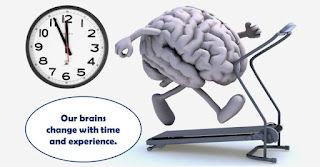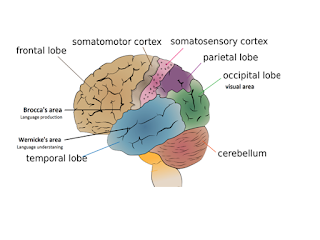AQA A-LEVEL: Biopsychology - Disruption to Biological Rhythms
DISRUPTION TO BIOLOGICAL RHYTHMS
Jet lag and shift work cause the biological clock and internal physiological systems to be out of balance as our biorhythms are not equipped to cope with these large sudden changes so this has effects on our psychology and behaviour.
METHODOLOGICAL ISSUES w/ Recht research
Jet lag and shift work cause the biological clock and internal physiological systems to be out of balance as our biorhythms are not equipped to cope with these large sudden changes so this has effects on our psychology and behaviour.
JET LAG
The effects we experience after crossing into a different time zone, our SCN takes several cycles to synchronise/entrain to a new environment.
WINTER et al - Calculated that it takes 1 day to adjust each hour of time change until then we experience symptoms such as fatigue concentration issues, reduced alertness and memory difficulties.
EXPLAINING THE EFFECTS OF JETLAG
- When we're behind time our endogenous pacemakers will STILL release melatonin which makes us sleepy.
- Our new exogenous zeitgebers are out of sync with our endogenous cycle as i is still light which leads to tiredness and confusion.
- Takes time for our endogenous cycle to entrain to the new set of exogenous zeitgebers
PHASE DELAY and ADVANCE
- Phase delay means travelling east to west <~~~
- Phase advance means travelling west to east ~~>
Travelling in phase delay is less disruptive to biological rhythms than phase advance as it takes less time for our endogenous pacemakers and exogenous zeitgebers to entrains
It's easier to stay up longer and sleep later than to sleep when you're not tired
EVALUATION of Jet Lag
RESEARCH EVIDENCE - Recht et al
- Looked at US baseball teams over a 3yr period. Teams who travelled east to west in phase delay won 44% of games compared to those who travelled west to east in phase advance who won only 37% of games. Which shows Phase advance is harder to adjust to than phase delay and that it can affect performance.
- There is a lack of control of the behaviour of team players which could affect their performance such as how much rest they had and if they consumed alcohol. Reliability of research is decreased due to the effect of uncontrolled variables on performance.
CONTRADICTORY EVIDENCE - Lemmer et al
- Compared athletics who travelled phase delay and phase advance. Training performance was disturbed by jet lag for both groups on first days but especially worse for phase delay group.
PRACTICAL APPLICATIONS from Coren
- There are a number of biological and psychological techniques to minimise effects of jet lag by sleeping well before to reduce sleep deprivation or even sleep medication.
SHIFT LAG
Negative effects on workers caused by rotating shifts and by working night shifts. Working at night requires you to be alert at times when you're used to being asleep. Your natural rhythms are out of sync due to external cues such as light (exogenous zeitgebers). Effects such as depression, fatigue, stress, hypertension and heart disease
EFFECTS OF SHIFT WORK
- KNUTSSON et al - Found that those who worked shifts for more than 15yrs were 3x more likely to develop heart disease than non-shift workers
- Difficulty sleeping during the day for night shift workers
- Night shift work impairs concentration and judgement e.g. Chernobyl
EVALUATION of Shift Work
RESEARCH EVIDENCE - Czeiller et al 1982
- Workers at a chemical plant in UTAH were on backwards rotation every 7 days. Researchers introduced forward rotation and increased time on each shift to 21 days to let the body clock synch. After 9 months workers reported they felt less stress and had fewer issues sleeping, fewer health issues and a higher productivity rate
RESEARCH EVIDENCE - Gordo et al 1986
- Moved workers from the backwards rotation to forward rotation which led to a 40% decrease in accidents and a 40% reduction in sleeping on the job. Officers reported fewer health issues too.
PRACTICAL APPLICATIONS
- Better to keep workers on a fixed shift pattern or to rotate shifts forward. Expose night shift workers to artificial bright lights and to avoid light when trying to sleep at home. These strategies help to improve performance from workers and reduce the risk of accidents in the workplace.
INDIVIDUAL DIFFERENCES
- Effects of circadian disruption and shift lag aren't as disruptive to all, some individuals cope better with shift rotation as their rhythm don't change as much and they experience less shift lag so we have to be careful w/ making generalisations about the effects of shift lag.




Comments
Post a Comment